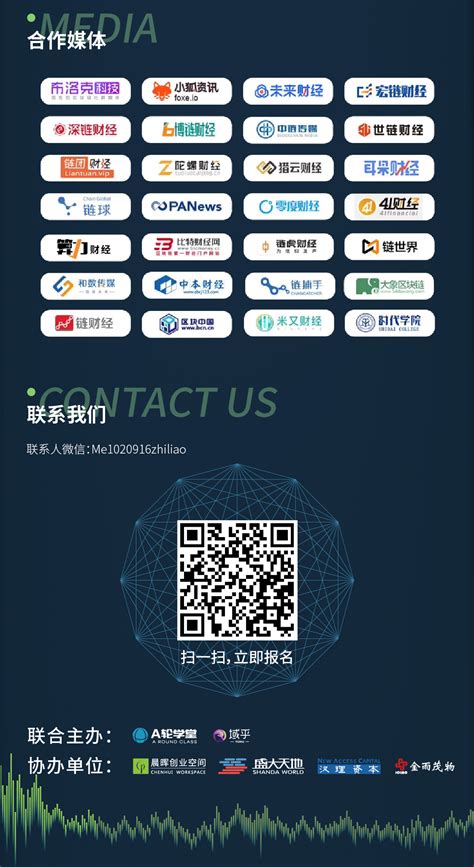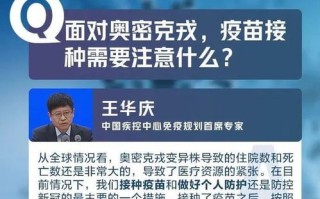Title: Implementing Blockchain Solutions: RealWorld Projects
Blockchain technology has garnered immense interest across industries due to its potential to revolutionize traditional processes, enhance transparency, and improve security. Let's explore several realworld projects where blockchain has been successfully implemented across various sectors:
Supply Chain Management: IBM Food Trust
Overview:

IBM Food Trust leverages blockchain to enhance transparency and traceability in the food supply chain. It enables all participants, including producers, suppliers, retailers, and consumers, to track the journey of food products from farm to table.
How it Works:
Each participant records transactions on the blockchain, creating an immutable ledger of every step in the supply chain. This ensures that crucial information such as origin, processing, and shipping details are securely stored and easily accessible.
Benefits:
Improved Food Safety:
Enables quick identification of contaminated products, reducing the risk of foodborne illnesses.
Enhanced Efficiency:
Streamlines supply chain processes, leading to cost savings and faster delivery times.
Increased Consumer Trust:
Empowers consumers to make informed choices by providing access to detailed product information.Healthcare: Medicalchain
Overview:
Medicalchain utilizes blockchain to securely store and share medical records, facilitating efficient healthcare data management while ensuring patient privacy.
How it Works:
Patients have control over their medical records and can grant access to healthcare providers or researchers securely through cryptographic keys. Every access and modification is recorded on the blockchain, maintaining data integrity.
Benefits:
Interoperability:
Enables seamless sharing of medical records across different healthcare providers and systems.
Data Security:
Utilizes encryption and decentralized storage to protect sensitive medical information from unauthorized access.
Empowering Patients:
Gives patients greater control over their health data and allows them to participate in research initiatives securely.Financial Services: RippleNet
Overview:
RippleNet leverages blockchain technology to facilitate crossborder payments and remittances, offering faster transaction speeds and lower fees compared to traditional banking systems.
How it Works:
Financial institutions join the Ripple network and utilize its cryptocurrency, XRP, as a bridge currency for facilitating crossborder transactions. The use of blockchain technology enables realtime settlement and reduces reliance on intermediaries.
Benefits:
Speed and Efficiency:
Transactions settle within seconds, enabling faster crossborder payments and remittances.
CostEffectiveness:
Reduces transaction costs by eliminating intermediary fees and currency conversion charges.
Global Reach:
Enables financial inclusion by providing access to efficient payment systems in underserved regions.Intellectual Property Rights: WIPO Blockchain Project
Overview:
The World Intellectual Property Organization (WIPO) explores the use of blockchain technology to enhance the management of intellectual property rights, including patents, trademarks, and copyrights.
How it Works:
Blockchain is used to create an immutable record of intellectual property rights, enabling easy verification of ownership and facilitating licensing and royalty payments.
Benefits:
Enhanced Transparency:
Provides a tamperproof record of intellectual property rights, reducing disputes and infringement cases.
Efficient Licensing:
Streamlines the process of licensing intellectual property, enabling creators to monetize their assets more effectively.
Global Access:
Enables worldwide access to intellectual property rights registries, promoting innovation and collaboration across borders.Conclusion:
These realworld projects demonstrate the diverse applications of blockchain technology across industries. From enhancing supply chain transparency to revolutionizing healthcare data management and facilitating crossborder payments, blockchain has the potential to drive innovation and reshape traditional processes. As the technology continues to evolve, we can expect to see even more groundbreaking implementations across various sectors, further unlocking the benefits of decentralization, transparency, and security.







